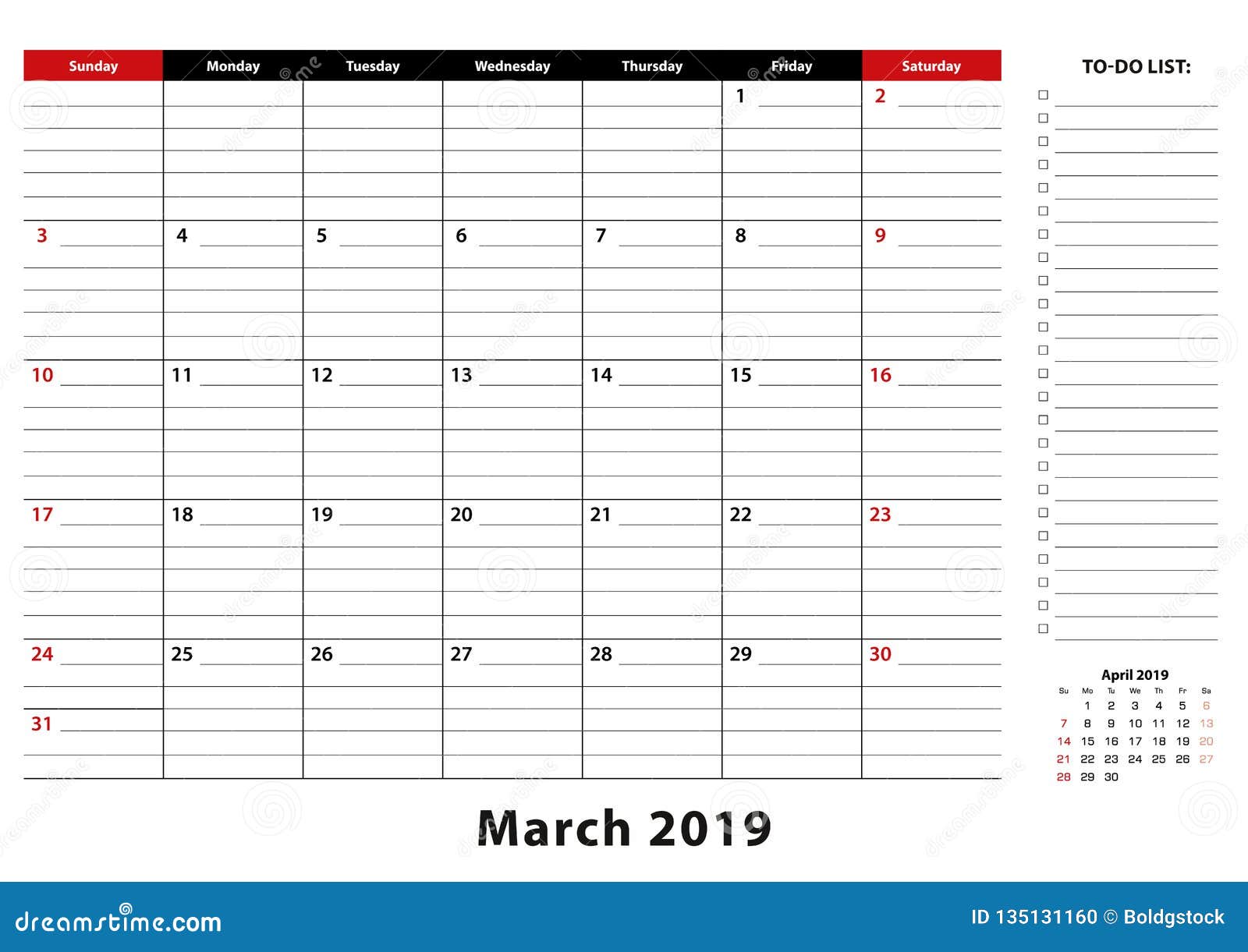
Of course, when it comes to managing a to-do list online, everyone has different criteria. In that time, I've personally tried basically every to-do list app that has come out, and I'm usually depending on at least one of them to function. I've written about technology in general, and productivity specifically, since 2009. For more details on our process, read the full rundown of how we select apps to feature on the Zapier blog. We're never paid for placement in our articles from any app or for links to any site-we value the trust readers put in us to offer authentic evaluations of the categories and apps we review. We spend dozens of hours researching and testing apps, using each app as it's intended to be used and evaluating it against the criteria we set for the category. Other options, including project management software, note-taking apps, and other tools that can do the jobĪll of our best apps roundups are written by humans who've spent much of their careers using, testing, and writing about software. OmniFocus for specific organizational systemsĪny.do for people who forget to use to-do apps Microsoft To Do for Microsoft power users (and Wunderlist refugees) TickTick for embedded calendars and timers Todoist for balancing power and simplicity Click on any app to learn more about why I chose it, or keep reading for more context on to-do list apps. Whatever you're looking for, one of these apps is going to be right for you. We then tried the top-rated apps in every respective app store, and spent way too much time migrating our personal to-do lists from one app to another.Īnd now I'm offering you what I feel is the cream of the crop. We started by finding the best apps for every platform: Android, Windows, macOS, and iPhone/iPad. Research for these pieces was exhaustive. If you don’t want a feature that needs a certain permission, we won’t ask for it until you turn it on.To that end, we've been hard at work researching the best to-do apps, trying to find the right ones for various use cases. Finally, we believe strongly in JIT permissions: that is, we only ask for your permissions as we need them throughout the onboarding process. Reclaim doesn't need to store calendar data for any calendars you sync (e.g., if you sync your personal or side gig calendar to Reclaim) but it does need to store data for the primary calendar that you use to sign up for Reclaim - it's just the only way Reclaim can reliably do its job.

All of your data is encrypted-at-rest and in-transit, and we'll never access your calendar data without your explicit permission. That's just not our bag, and we think it's creepy. We will never share or sell any of your calendar data to third parties.


Thousands of users across hundreds of companies trust us with their data, and here’s why. Learn more about how we protect your data. Reclaim takes your security and privacy extremely seriously.


 0 kommentar(er)
0 kommentar(er)
